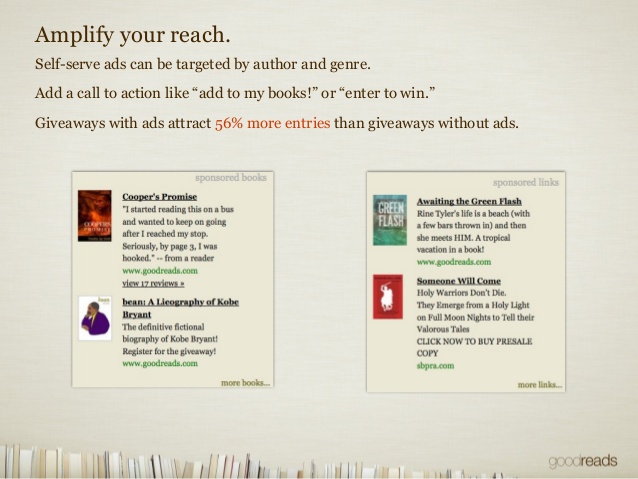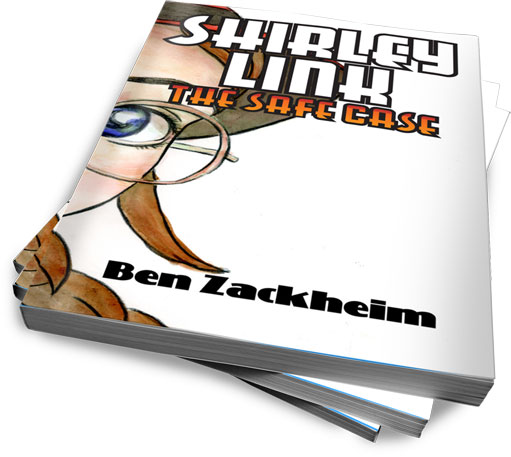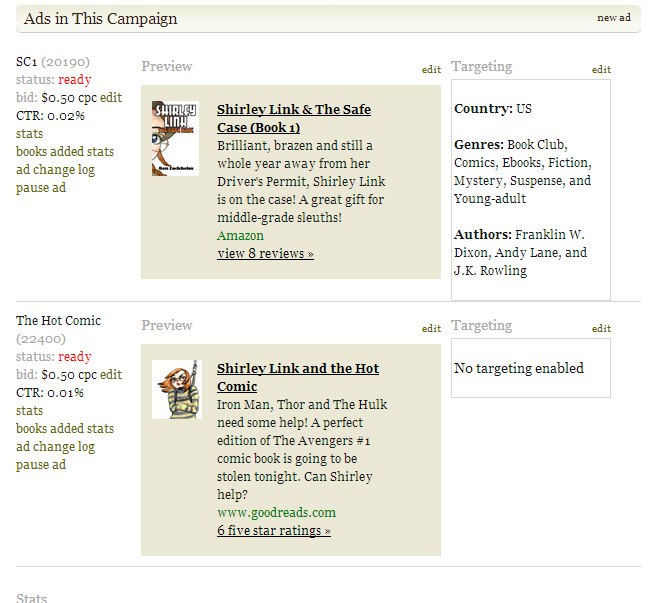
WordPress themes for writers: Build an author website with WordPress (Part Three)
Our sordid story so far…
In the previous installments of WordPress for authors and writers, I’ve talked at you incessantly about the need for authors to focus. A good summary would be, “Define what you want out of your website and find the tools to make it so.”
But what does that mean? Well, if you’re looking to sell books then, in my opinion, it means apply BaB to every aspect of your site.
Bab? Isn’t that short for Barbara? No, that’s Babs.
My BaB is a design mantra that I think all authors should apply to their sites:
Books – show us your books!
action – give us an easy action to take now!
Blog – keep them coming back for more!
Why is the “a” lowercase? Because it should be right in the middle of everything you do, but not in an obvious way. The action should be obvious, logical and clear in its messaging. Does the action need to be a Buy button? Nope. It could be a sign up button, a follow me button or a play video button. But whatever action you want from the visitor it should be a central part of all design decisions.
Much of this theory is based on how people sell web services or non-fiction books (think weight loss programs and cloud services). But fiction writers need to start thinking the same way. We have something to offer and, if we band together, we can come up with standards that will help everyone sell their books from their site!
Someone asked me why they should even bother making a site that tries to sell their book. Their point was that Amazon spends millions on designing product pages that work, so why not just lean on the Amazon page. It’s a good point! Amazon makes great product pages. But they need to follow a one-size-fits-all road. They can’t design a page that’s meant to sell your book. They can only design a page that’s mean to sell “books”. As in “all books”. However, I do lean heavily on Amazon. When I point my visitor to my buy button, they DO go off to Amazon. But I’m not willing to depend on their site to sell my book. I think I can do a better job.
The problem with how authors sell books today
As I researched this post, I ran into author site after author site where I had no idea I was even on an author’s site. I’d see blogposts, images, links, all jumbled together. Some of the sites are really beautiful, but they don’t scream “BOOKS ARE HERE!” which they should if they want visitors to know that, well, books are there. One of the things I’ve learned after selling things online for 15 years is that your site is your business card. It needs to state what you do up front. It’s likely that you list “Writer” or “Author” in plain English on your card. You need to give your site the same focus.
Bottom line: Every page of your site should have one purpose, and you should focus on it like an ion cannon clearing the way for the Rebel envoys. This way your visitors will have all the information they need to decide whether or not you should get their money.
Tell the story of your site before you design it
I spent many months, working hard to craft a flow through my site that is enjoyable for the visitor and maximizes my chances at converting them into a paying customer.
I started by telling the story of my site. What does a site’s story look like? Mine was simple. I want visitors to notice my books. I want visitors to consider buying my books. I want my site to be entertaining and useful to people.
With those three thoughts in mind, I started to focus on how to make a site that makes these dreams come true.
Here’s the flow I wanted to create for my audience:
- With quality blog content, search engine optimization and clean code I’d bring the person to my site. I knew that a huge majority of them would know nothing about me, or my books.
- The visitor quickly notices she’s on a site where I have books to sell.
- She reads my blog post and sees the buy options for my books.
- The curious visitor exits to where I want them — namely, Amazon — where I cross my fingers and hope that Amazon (and my book copy on Amazon) converts them to a sale.
And this is exactly the flow I got! Google Analytics shows me it’s the path that a plurality of my visitors take.
But it wasn’t easy to get there. I worked with every web service and piece of software under the sun (from Dreamweaver to Kompozer to Blogger to Tumblr) I found the one-tool-to-bind-them-all.
WordPress.
It’s almost as if they created WordPress themes for writers and authors!
Read part four of my series of WordPress for authors and writers.
You may also like:
WordPress for authors and writers (part two)
WordPress for authors and writers (part one)
WordPress for authors and writers (part four)
by Ben Zackheim






